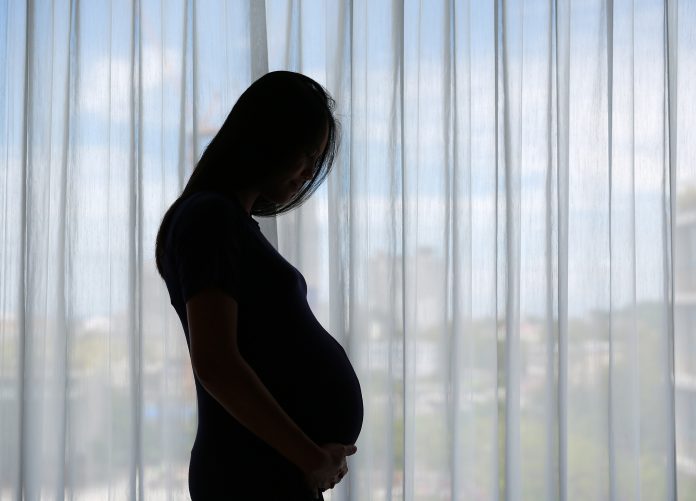A pioneering study followed mothers with perinatal depression to understand how these symptoms evolve and the impact of infants’ temperament
The World Health Organization defines perinatal depression as the interval of time that begins at the 22nd week of pregnancy and ends seven days after the infant is born. This period is marked by significant physiological and psychological changes, making it a difficult time for many women.
Between 10% and 25% of women are vulnerable to perinatal depression, which can emerge during pregnancy and persist up to one year after childbirth. The condition causes symptoms such as persistent sadness, fatigue, changes in sleep and appetite, or loss of interest, which are common and have a significant impact on the emotional health of both the mother and the infant.
The study’s findings, which are detailed in Frontiers in Psychology, provide a significant contribution to our understanding of perinatal depression.
Tracking perinatal depression postpartum
The new study, led by Maria Spinelli with the support of the BIAL Foundation, was the first to track the trajectories of perinatal depression at four different time points – in late pregnancy and at 3, 6, and 9 months postpartum. Perinatal depression symptoms are well reported, but why they occur is lesser known.
Researchers from the University of Chieti-Pescara and the University of Pavia (Italy) conducted a longitudinal study with 88 mothers without a clinical diagnosis, examining the roles of individual factors, such as Sensory Processing Sensitivity (SPS), and contextual factors, including global partner support.
Sensory Processing Sensitivity (SPS) is a temperament or personality trait that refers to a person’s heightened sensitivity to subtle environmental stimuli. This sensitivity can lead to a deeper and more intense processing of these stimuli, which in turn can have a significant impact on emotional and physiological reactivity.
Additionally, the researchers also examined the role of prenatal depression on infants’ negative affect temperament as an early marker of emotional adjustment.
Lack of partner support leads to negative feelings
The researchers found that mood declines immediately after giving birth but improves over time, with mothers with high sensitivity and less partner support being more vulnerable to negative feelings. High sensitivity can increase the risk of perinatal depression, and partner support during pregnancy has a protective effect.
Furthermore, prenatal depression could influence the infant’s emotional reactivity, particularly increasing their proneness to negative affect, acting as a prenatal stressor.
Maria Spinelli states that “this study can help create support programmes for mothers, promoting better emotional adjustment for them and their infants”. Given its significant impact, “partner participation should be an essential component of parenting programmes designed to nurture positive relationships from the very beginning of pregnancy, laying the foundations for supportive family dynamics and a healthier transition to parenthood”, the researcher stressed.
Promoting effective interactive touch in the postpartum period helps improve the bond between mother and baby, reducing stress and benefiting both the mother’s emotional state and the infant’s emotional adjustment.
“The positive role of tactile experience can serve as a basis for intervention programmes aimed at promoting safe and supportive relationships in early life”, Spinelli points out.
These findings have the potential to significantly inform and enhance parenting programs, offering hope for promoting supportive relationships during pregnancy and fostering specific interventions that can benefit all mothers, particularly those who are more at risk of suffering from depressive symptoms in the perinatal period.











